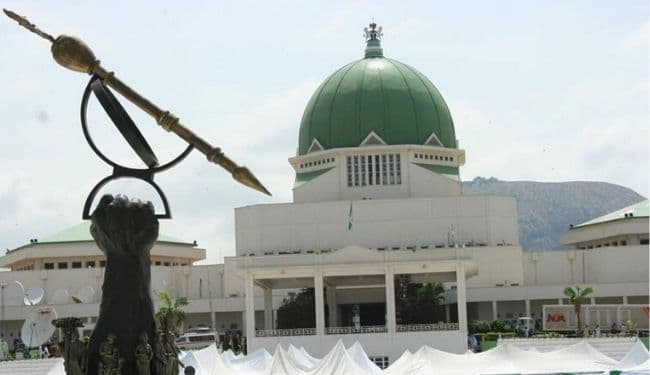The slow implementation of the 2024 and 2025 Appropriation Acts has been attributed to the significant delays in Nigeria’s procurement processes. This is according to the House of Representatives Committee on Appropriations. The Committee, however, has sought to assure Nigerians that the Federal Government will begin implementing the 2025 budget in earnest, with urgent measures underway to fast-track outstanding projects.
In what appears to be growing concern over Nigeria’s fiscal execution, the House Committee on Appropriations is pointing fingers at bureaucratic bottlenecks within the procurement system as the major obstacle to the timely implementation of both the 2024 and 2025 Appropriation Acts.
It follows a closed-door session with the Minister of Finance and Coordinating Minister of the Economy, the Minister of Budget and National Planning, the Debt Management Office; and the Accountant-General of the Federation at the National Assembly
Chairman of the Committee Abubakar Bichi disclosed that the closed-door discussions, which lasted for over two hours, focused on the 2024 and 2025 appropriation acts, assuring that the National Assembly will work in synergy with the executive to address all identified challenges towards ensuring the delivery of projects that will meet the needs of Nigerians
The Minister of Finance and Coordinating Minister of the Economy, Wale Edun, revealed that implementation of the 2024 budget currently stands at about 80 per cent, with the National Assembly extending its lifespan until December, explaining that priority projects include grassroots infrastructure such as roads and irrigation.
Edun noted that the government remains committed to implementing programmes that impact citizens’ livelihoods.
His Budget and National Planning counterpart, Senator Abubakar Bagudu, stressed the need for strong working relationships between the executive and legislature, maintaining that reforms under President Bola Tinubu are yielding positive results.
The Committee expressed dissatisfaction with the pace of procurement approvals, warning that unless reformed, the process would continue to stall key developmental projects.
The 2024 budget, valued at over 27 trillion naira, and the newly passed 2025 budget have both faced similar setbacks—despite allocations being made for critical infrastructure, health, education, and security projects.
But the Committee is now promising a turnaround. Lawmakers say mechanisms are being put in place to ensure the immediate rollout of the 2025 budget, especially as the economy grapples with inflation and public expectations rise.
MUST READ: NASS Threatens Zero Allocation For Agric. Agencies Over Failure To Defend Budget
Analysts argue that addressing the inefficiencies in public procurement is crucial not just for budget implementation, but for restoring public confidence in government planning.
As the final quarter of the year approaches, all eyes are now on the Federal Government to translate budgetary figures into tangible impact on the ground.
Experts say reforming Nigeria’s procurement architecture could unlock faster development and reduce waste in public spending. For now, Nigerians will be watching closely to see if the 2025 budget finally gets off the ground.
(Editor: Ena Agbanoma)








